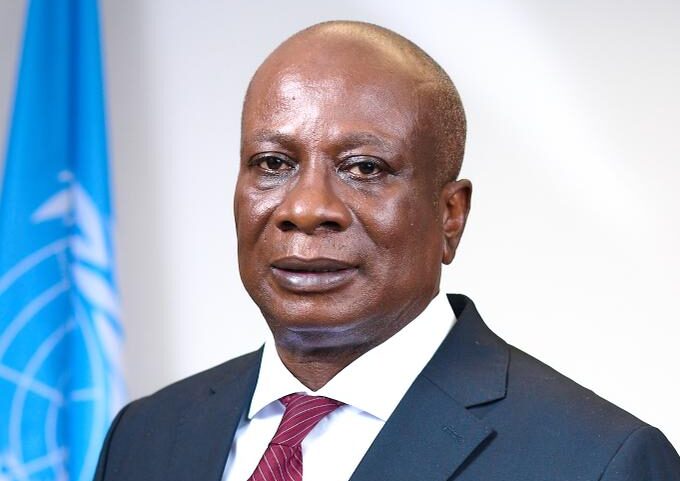Latest News
Top Story
 Brig General Mzheri declared national hero
Brig General Mzheri declared national hero Brigadier General (Retired) Victor Mpandasekwa Mzheri, who passed away on Tuesday, 7 October 2025, has been declared a N...
Top Story
 Starlink plans to go big in South Africa
Starlink plans to go big in South Africa Starlink, the satellite internet company owned by SpaceX, has announced its plans to launch services in South Africa, w...
Top Story
 India dumps US Treasury bills
India dumps US Treasury bills India has reduced its holdings of US Treasury bills over the past year, reflecting a more cautious approach in its centr...
Top Story
 Zimbabwe's dollar stock exchange surges 45%
Zimbabwe's dollar stock exchange surges 45% Zimbabwe's dollar-only stock market is riding a wave of gains, powered by gold miners cashing in on a 48% jump in the p...
Top Story
 Gold edges up as traders await guidance
Gold edges up as traders await guidance Gold edged higher as traders weighed the outlook for US monetary policy ahead of a key speech by Federal Reserve Chair J...
Top Story
 Gold shatters $4,000 milestone
Gold shatters $4,000 milestone Gold surged past the $4,000 an ounce level for the first time on Wednesday, building on a record-breaking rally as broad...
Top Story
 Young Investment Professional (YIP) Graduate Programme 2019
Young Investment Professional (YIP) Graduate Programme 2019 Company Name Investec Asset Management Company Location Cape Town, Western Cape, South Africa Click HEREJob descriptionO...












 Young Investment Professional (YIP) Graduate Programme 2019
Young Investment Professional (YIP) Graduate Programme 2019
Editor's Pick